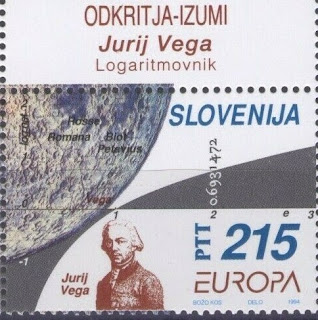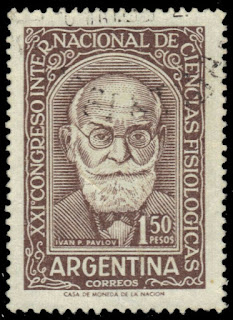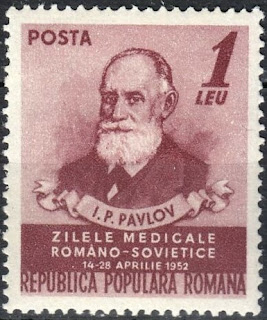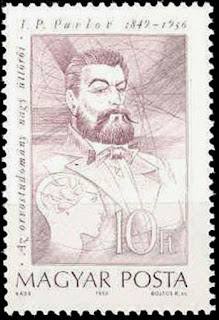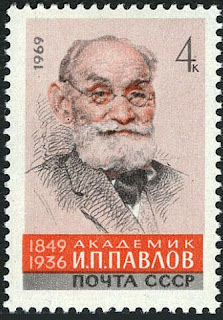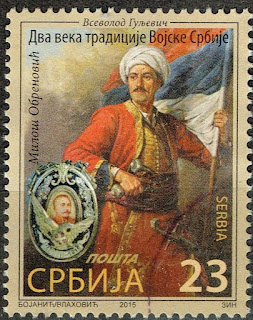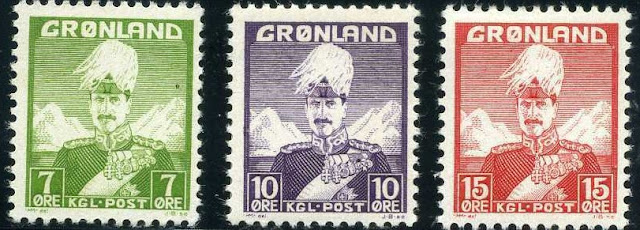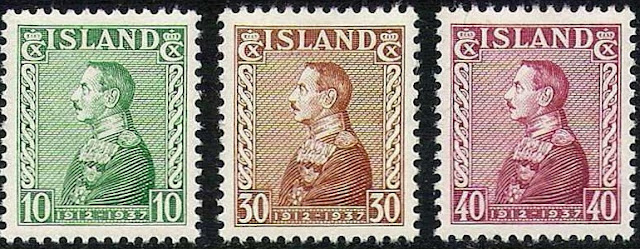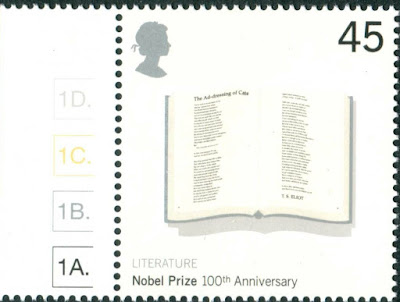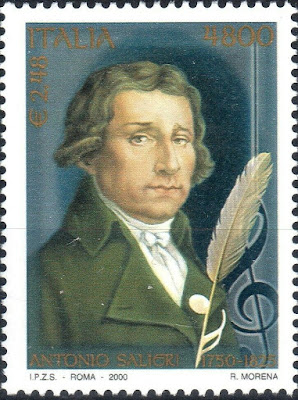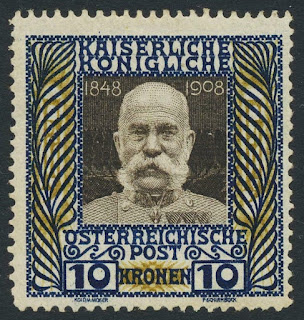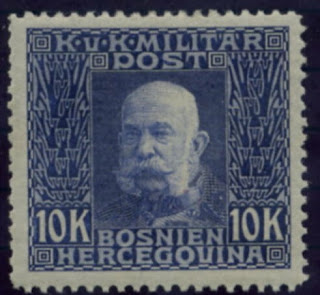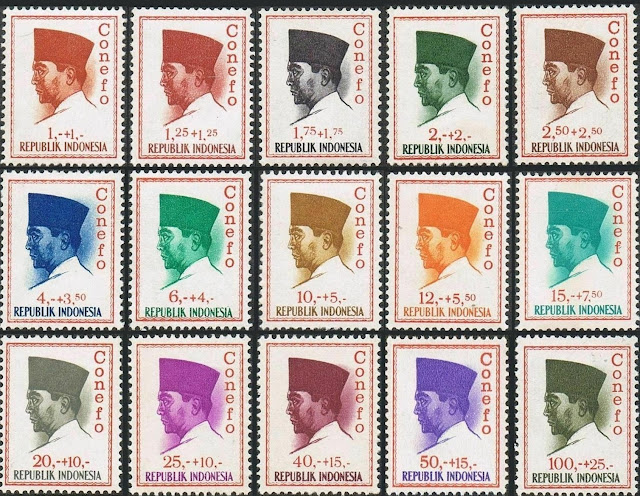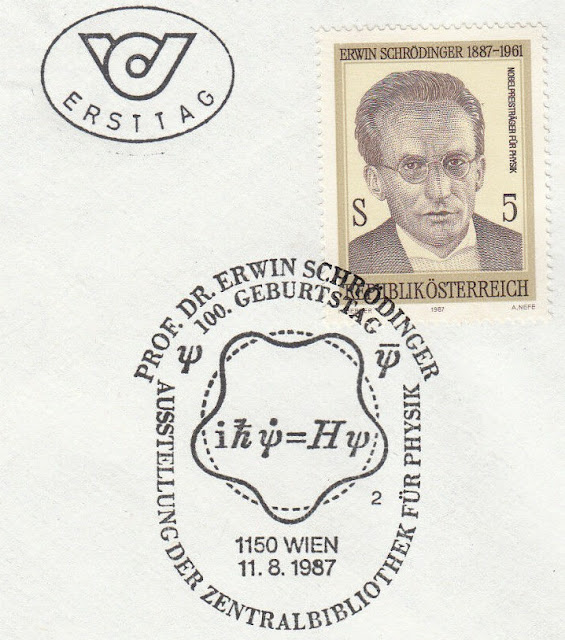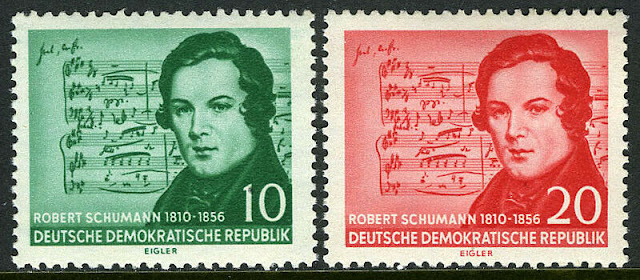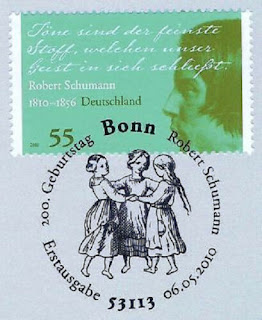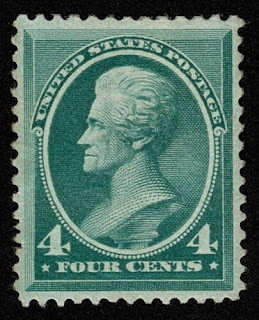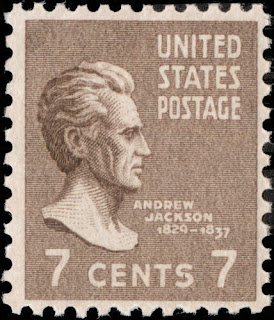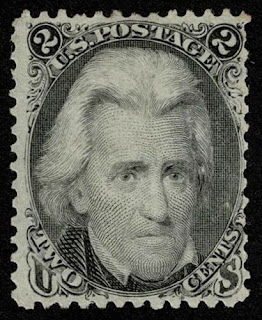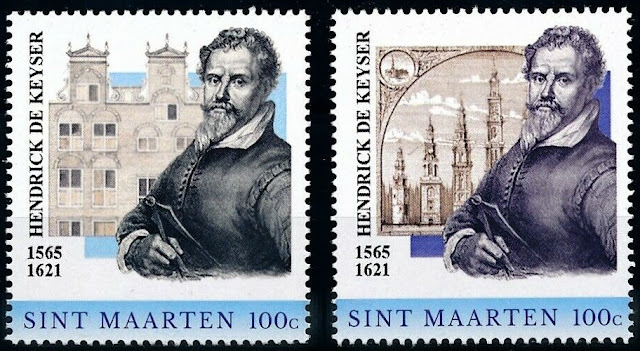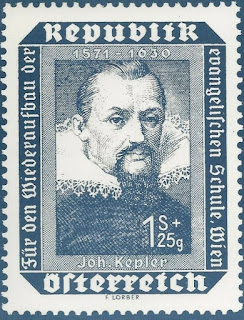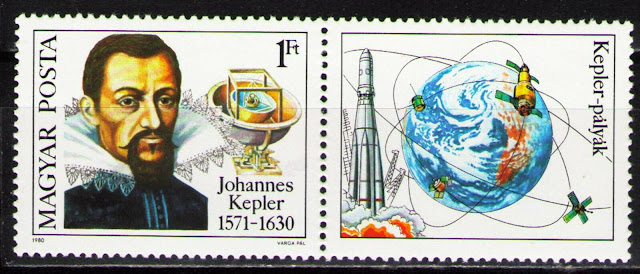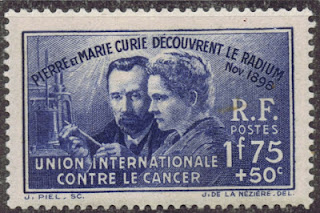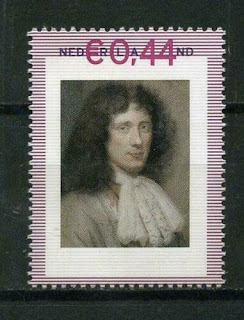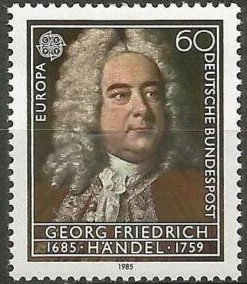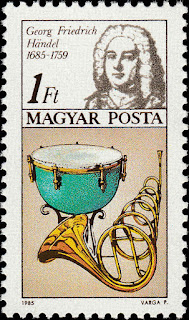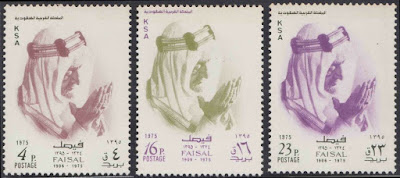Here are some events that happened on September 26th. It could be an event or a person that died or was born on that day
1802 Died: Jurij Vega, Slovene mathematician and physicist (b. 1754)
Baron Jurij Bartolomej Vega (also Veha; Latin: Georgius Bartholomaei Vecha; German: Georg Freiherr von Vega; born Vehovec, March 23, 1754 – September 26, 1802) was a Slovene mathematician, physicist and artillery officer.
Vega published a series of books of logarithm tables. The first one appeared in 1783. Much later, in 1797 it was followed by a second volume that contained a collection of integrals and other useful formulae. His Handbook, which was originally published in 1793, was later translated into several languages and appeared in over 100 issues. His major work was Thesaurus Logarithmorum Completus (Treasury of all Logarithms) that was first published 1794 in Leipzig (its 90th edition was published in 1924). This mathematical table was actually based on Adriaan Vlacq's tables, but corrected a number of errors and extended the logarithms of trigonometric functions for the small angles. An engineer, Franc Allmer, honourable senator of the Graz University of Technology, has found Vega's logarithmic tables with 10 decimal places in the Museum of Carl Friedrich Gauss in Göttingen. Gauss used this work frequently and he has written in it several calculations. Gauss has also found some of Vega's errors in the calculations in the range of numbers, of which there are more than a million. A copy of Vega's Thesaurus belonging to the private collection of the British mathematician and computing pioneer Charles Babbage (1791–1871) is preserved at the Royal Observatory, Edinburgh.
Over the years Vega wrote a four volume textbook Vorlesungen über die Mathematik (Lectures about Mathematics). Volume I appeared in 1782 when he was 28 years old, Volume II in 1784, Volume III in 1788 and Volume IV in 1800. His textbooks also contain interesting tables: for instance, in Volume II one can find closed form expressions for sines of multiples of 3 degrees, written in a form easy to work with.
Vega wrote at least six scientific papers. On August 20, 1789 Vega achieved a world record when he calculated pi to 140 places, of which the first 126 were correct. This calculation he proposed to the Russian Academy of Sciences in Saint Petersburg in the booklet V. razprava (The fifth discussion), where he had found with his calculating method an error on the 113th place from the estimation of Thomas Fantet de Lagny (1660–1734) from 1719 of 127 places. Vega retained his record 52 years until 1841 and his method is mentioned still today.
Stamps from Slovenia depicting Jurij Vega
1849 Born: Ivan Pavlov, Russian physiologist and physician, Nobel Prize laureate (d. 1936)
1860 Died: Miloš Obrenović, Serbian prince (b. 1780)
Prince Miloš Obrenović I of Serbia (18 March 1780 or 1783 – 26 September 1860) born Miloš Teodorović was Prince of Serbia from 1815 to 1839, and again from 1858 to 1860. He participated in the First Serbian uprising, led Serbs in the Second Serbian uprising, and founded the House of Obrenović. Under his rule, Serbia became an autonomous principality within the Ottoman Empire. Prince Miloš ruled autocratically, consistently refusing to share power, which generated strong domestic opposition. During his rule, Miloš I bought a number of estates and ships from Ottoman Turks and also became a prominent trader. He was the richest man in Serbia and one of the richest in the Balkans, with estates in Vienna, Serbia and Wallachia.
Serbian stamps depicting Miloš Obrenović
1870 Born: Christian X of Denmark (d. 1947)
Christian X (Christian Carl Frederik Albert Alexander Vilhelm; 26 September 1870 – 20 April 1947) was King of Denmark from 1912 to 1947, and the last of the 30 Kings of Iceland (where the name was officially Kristján X) between 1918 and 1944. He was a member of the House of Glücksburg and the first monarch since King Frederick VII that was born into the Danish royal family; both his father and his grandfather were born as princes of a ducal family from Schleswig. Among his siblings was King Haakon VII of Norway.
His character has been described as authoritarian and he strongly stressed the importance of royal dignity and power. His reluctance to fully embrace democracy resulted in the Easter Crisis of 1920, in which he dismissed the democratically elected Social Liberal cabinet with which he disagreed, and installed one of his own choosing. This was in accordance with the letter of the constitution, but the principle of parliamentarianism had been considered a constitutional custom since 1901. Faced with mass demonstrations, a general strike organized by the Social Democrats and the risk of the monarchy being overthrown he was forced to accept that a monarch could not keep a government in office against the will of parliament, as well as his reduced role as a symbolic head of state.
During the German occupation of Denmark, Christian become a popular symbol of resistance, particularly because of the symbolic value of the fact that he rode every day through the streets of Copenhagen unaccompanied by guards. With a reign spanning two world wars, and his role as a rallying symbol for Danish national sentiment during the German occupation, he became one of the most popular Danish monarchs of modern times. King Christian X was known to parade through town on his horse, Jubilee.
Stamps from Iceland, Greenland and Denmark depicting Christian X
1888 Born: T. S. Eliot, English poet, playwright, critic, Nobel Prize laureate (d. 1965)
Thomas Stearns Eliot OM (26 September 1888 – 4 January 1965) was an American-born British poet, essayist, publisher, playwright, literary critic and editor. Born in St. Louis, Missouri, to a prominent Boston Brahmin family, he moved to England in 1914 at the age of 25 and went on to settle, work and marry there. He became a British subject in 1927 at the age of 39, subsequently renouncing his American citizenship.
Considered one of the 20th century's major poets, Eliot attracted widespread attention for his poem "The Love Song of J. Alfred Prufrock" in 1915, which was seen as a masterpiece of the Modernist movement. It was followed by some of the best-known poems in the English language, including "The Waste Land" (1922), "The Hollow Men" (1925), "Ash Wednesday" (1930), and Four Quartets (1943). He was also known for his seven plays, particularly Murder in the Cathedral (1935) and The Cocktail Party (1949). He was awarded the Nobel Prize in Literature in 1948, "for his outstanding, pioneer contribution to present-day poetry".
Stamps from the US and Great Britain depicting T. S. Eliot and his work The Addressing of Cats
